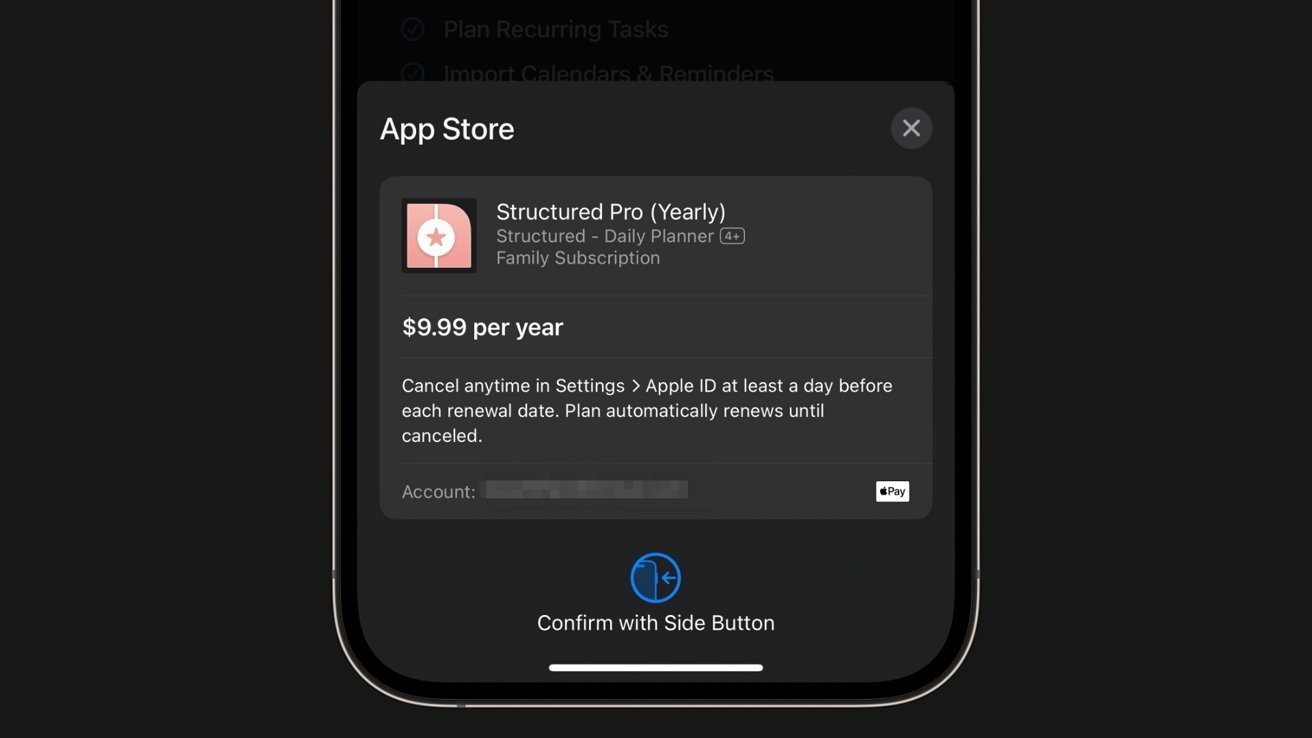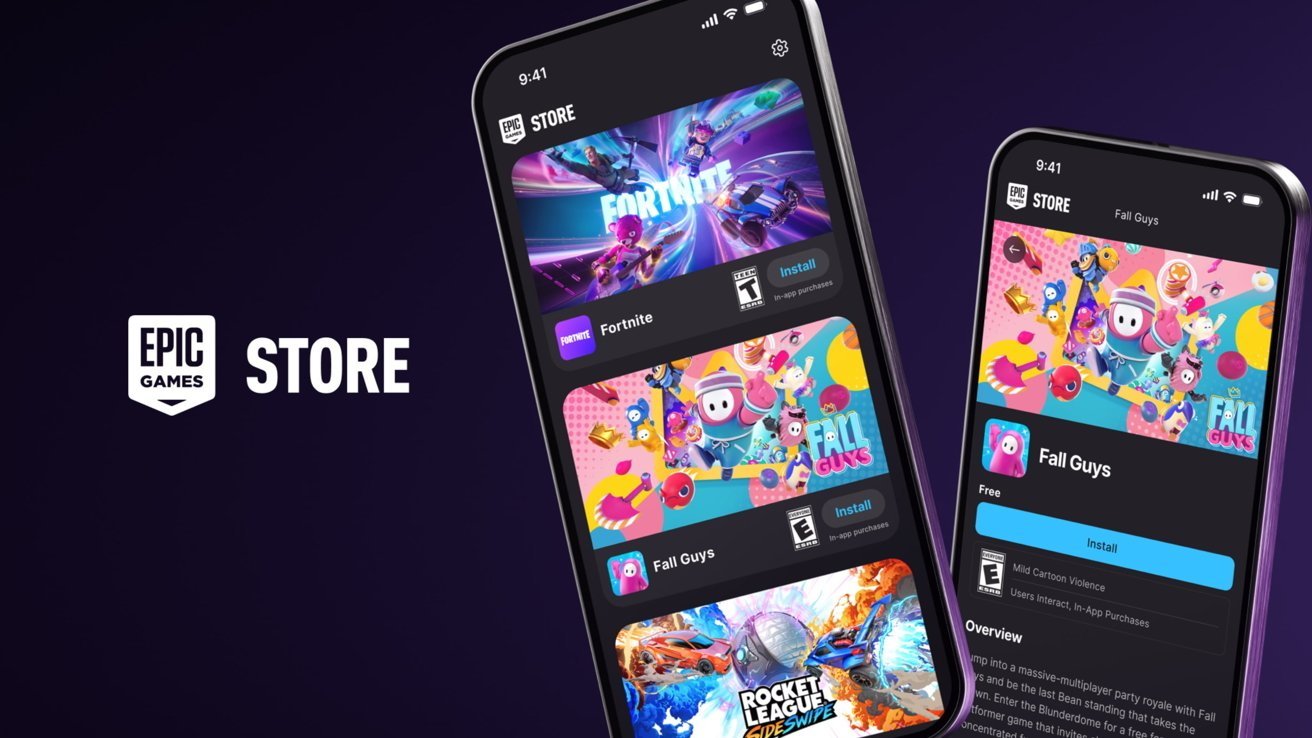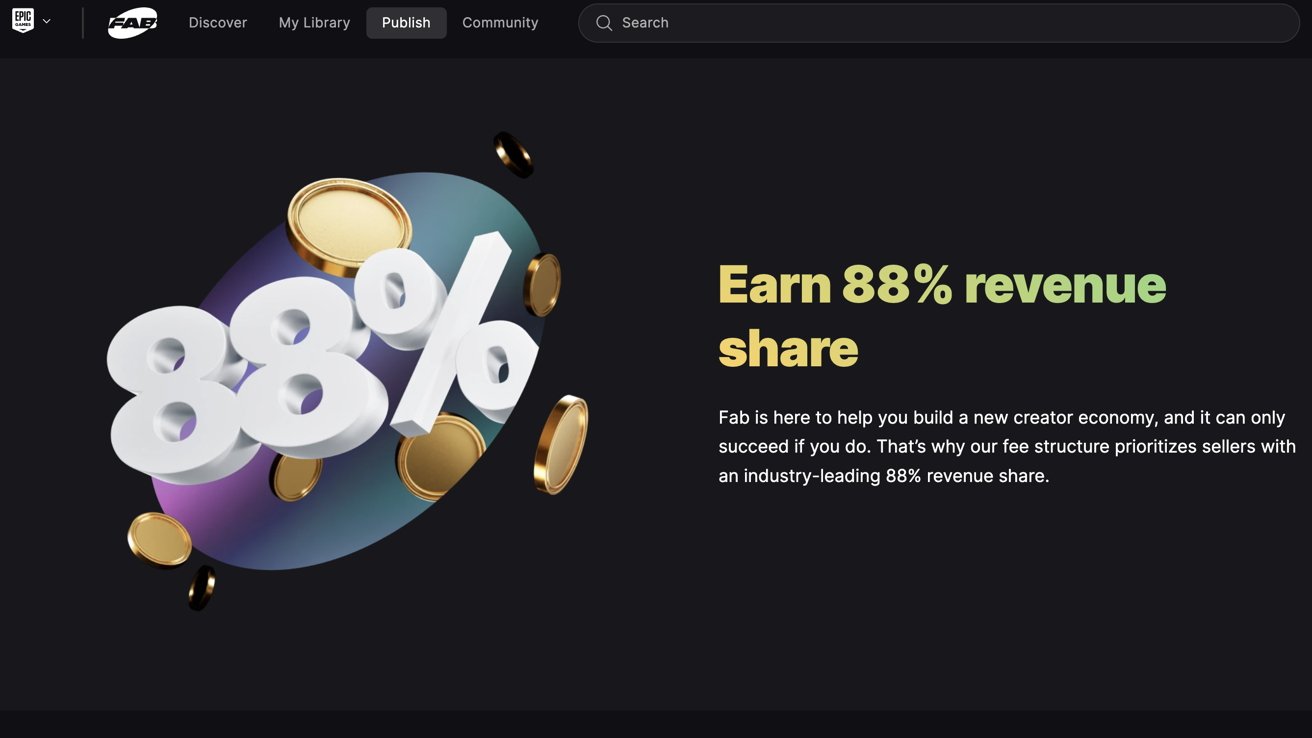The hostility of Epic Games CEO towards Apple continues, with Tim Sweeney calling the company a “gangster-style” business that gains revenue from an “illegal practice.”
The excruciatingly long legal battles between Epic Games and Apple over In-App Purchasing and the App Store prompted a lot of outcry over how Apple conducts business with developers. Epic Games ultimately lost the fight, but an injunction meant that Apple was forced into enabling external purchase mechanisms for iOS apps.
After Epic filed a court order in March 2024 and complained to the court again a year later, Tim Sweeney decided to criticize Apple’s practices once more. As was reported by TechCrunch, Sweeney spoke at an event on Wednesday, where he largely echoed the language from Epic Games’ March 2025 complaint.
“The sad truth is that Apple and Google are no longer good-faith, law-abiding companies,” said the Epic Games CEO. “They’re run, in many ways, as gangster-style businesses that will do anything they think they can get away with. If they think that the fine is going to be cheaper than the lost revenue from an illegal practice, they always continue the illegal practice and pay the fine.”
Apple and Epic Games have a troubled history, with the latter suing the former over in-app purchases. Epic Games wanted Apple to allow purchases from external websites on iPhone and believed that the Epic Games Store should be available to iOS users.
While the latter only became a reality in the European Union, thanks to the region’s Digital Markets Act, Apple was forced to allow the purchases of in-game items via external websites in the U.S.
Epic Games on external purchases and Apple’s “scare screens”
iPhone users in the United States can purchase in-game items from external websites, which is the result of an anti-steering injunction. Epic Games has often said that Apple did the bare minimum to comply with this legal requirement. In its March 2025 complaint, Epic said that Apple’s “External Link Purchase Entitlement Program” was a system that was “purposely designed to fail.”

As part of Apple’s restrictions, developers can’t interrupt this purchase flow to offer external options.
Apple reportedly considered ways of “severely limiting the placement, language, and design of steering options” to reduce the number of people using them. “Ultimately, Apple chose the worst of all worlds for consumers and developers,” Epic lamented in their complaint. “Apple knowingly doubled down on the risk of violating the injunction to provide maximum protection to Apple’s profits.”
According to Epic Games, Apple prevents developers from using “calls to action” and restricts the placement and messaging of buttons that link to external websites. Furthermore, Epic said that Apple’s UX teams designed “full-screen, interstitial warning pages,” which are used when users tap an external link.
In its March 2025 complaint, Epic called these warning pages “scare screens.” Tim Sweeney echoed this sentiment by using the same term during his most recent statements on Wednesday. Epic Games’ CEO claimed that companies are “getting away with” what he calls “textbook self-preferencing,” whenever these so-called scare screens are used.
“Crime pays for big tech companies,” said Sweeney. “Obviously, we shouldn’t expect that to change until enforcement becomes much, much more vigorous,” he added. Epic’s CEO also noted that the same thing applied to the Epic Games Store in Europe, where he believes 50 to 60 percent of users are driven away thanks to Apple’s warning screens.
Epic’s problem with Apple’s third-party app store fees
Another point of contention has to do with the fees Apple imposes on external purchases. While ordinary App Store purchases are subject to a 30% fee that goes straight to Apple, purchases made via third-party app marketplaces are charged less. Even so, this still presents a problem for Epic Games.
According to Sweeney, Apple’s fees are the reason why no major game developer has decided to distribute apps via the Epic Games Store in the EU. Developers have apparently largely declined to participate, as they would have to pay a yearly “Core Technology Fee” of 50 cents per install. This fee would apply to all apps exceeding one million downloads.
“Unless your app is enormously high-grossing per user, any free-to-play game is largely dissuaded from that,” claims the Epic Games CEO. “It’s too expensive for them. Apple would bankrupt them if they did that.”
The commission on external purchases is too high for Epic
Epic Games is also displeased with Apple’s fees on game-related purchases conducted through external websites. Epic argued that, despite Apple taking a 3% rate reduction on the fee to 27%, due to external providers handling transaction fees and other costs, it would ultimately cost developers more than using a standard IAP for a transaction.
Apple’s decision to impose a fee on external purchases was reached through a committee which included CEO Tim Cook, Apple’s then-CFO Luca Maestri, and executive Phil Schiller. The latter of the three later revealed he was against the fee on external purchases, indicating that Cook and Maestri overruled his concerns.
On Wednesday, Epic Games’ Tim Sweeney reiterated his company’s concerns over Apple’s policy and its External Link Purchase Entitlement Program.
Previously, while discussing a program in the Netherlands that allowed dating apps to use alternative payment processes, along with a similar program in South Korea, Epic said that neither program achieved success.
According to Epic, after ten months of availability in the Netherlands and four months in Korea for its programs, only one developer had actually signed up for it. With the associated fees, it would have been too cost-prohibitive for large developers to take on, claimed Epic.
Epic Games has publishing and distribution fees of its own
While Epic Games has been undeniably vocal in its criticism of Apple’s supposedly high App Store fees, the company has its own fees for developers who wish to publish and distribute titles via the Epic Games Store.
According to the Epic Games website, developers will need to pay a $100 submission fee for every game they wish to distribute on the Epic Games Store. The company charges a 12% fee on all user purchases, meaning that developers get to keep 88% of their game’s revenue, according to the Epic Games Store website.
Developers whose games use Unreal Engine, another product developed by Epic Games, are charged no royalties on purchases conducted through the Epic Games Store. If an app based on Unreal Engine makes more than $1m in revenue, then Epic Games charges a 5% royalty.
The engine itself is free to use for educators and schools, while game developers and small businesses won’t have to pay anything until they’ve crossed the $1m revenue threshold. The Unreal Engine website lists all of the pricing and licensing details.
For those looking to sell digital assets, Epic has a distribution platform called Fab, formerly known as the Unreal Engine Marketplace. Though Epic Games used to take a 30% cut in 2017, the Fab website indicates that Epic now only charges a 12% fee. This means there’s a 12/88 split, as is the case with the Epic Games Store.
It appears as though Epic Games has significantly reduced its various fees in recent years, something which was perhaps influenced by Apple’s long-standing 30% fee policies. Ultimately, this indicates that Epic will likely remain just as vocal as it has been about Apple’s position, as the company can always say its fees are significantly lower.







